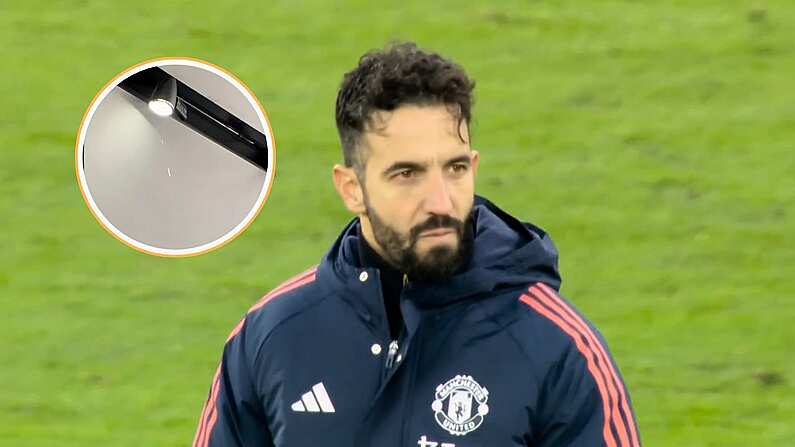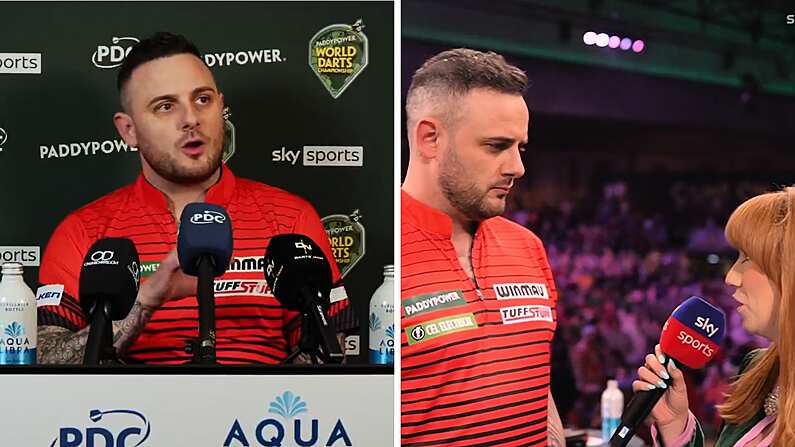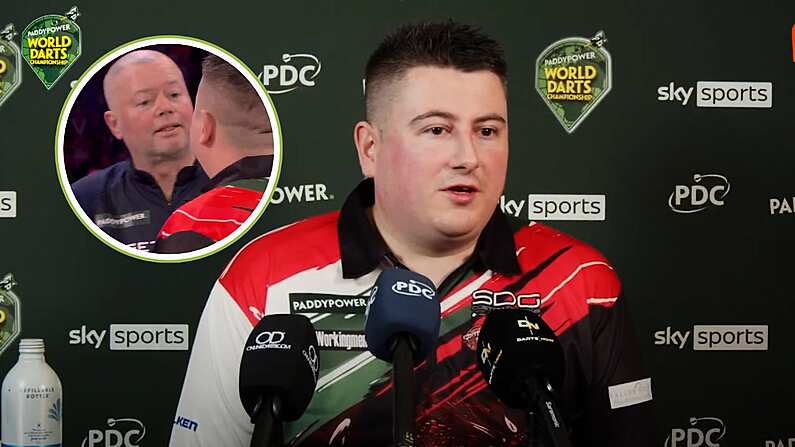Alan McLoughlin's brilliantly frank and interesting autobiography is being launched in Dublin this week. In it he expresses his anger at words penned in Roy Keane's original autobiography in 2002.
McLoughlin, though born in England, was raised with an intense awareness of his Irish heritage. As a youth player, he was selected for the Irish and English underage teams and plumped for Ireland.
However, when writing about Ireland's poisonous trip to Windsor Park in 1993, Roy Keane wrote about the puzzlement of several of the English-born players at the bitterness of the relations between Northern Ireland and the Republic of Ireland.
Knowing little of the history, lads like Andy Townsend, John Aldridge, Tony Cascarino and Alan McLoughlin were puzzled.
McLoughlin was angered by the passage. He writes in his book.
Now, Townsend and Aldridge may have qualified through the ‘granny rule’ and Cass, as he later revealed, had no immediate Irish heritage and wasn’t actually entitled to an Irish cap at all.
But me? Both my parents were Irish and had a good grasp of the nation’s history; I knew exactly what that rivalry was all about. Just as much, if not more, than Roy Keane.
McLoughlin was all the more annoyed because he and Keane were close friends. They got on well when playing together in Jack's Republic of Ireland squads and grew closer when McLoughlin played for Wigan in the late 90's and early 2000's, regularly popping over to each other's houses.
Roy called me one afternoon while on his way back from Sunderland. I was sitting at my desk in the printing company in Swindon when the call came, so it was a nice surprise. He explained that his ghost-writer, Eamon Dunphy, had put a lot of words, those included, into the book."
That was Roy’s explanation and I believe it.
McLoughlin was still hurt by the passage, saying that, in writing those words, Dunphy had taken something away from his achievement in scoring that night. He says Dunphy displayed the kind of small-minded, parochial snobbery that he had spent most of his journalistic career railing against.











